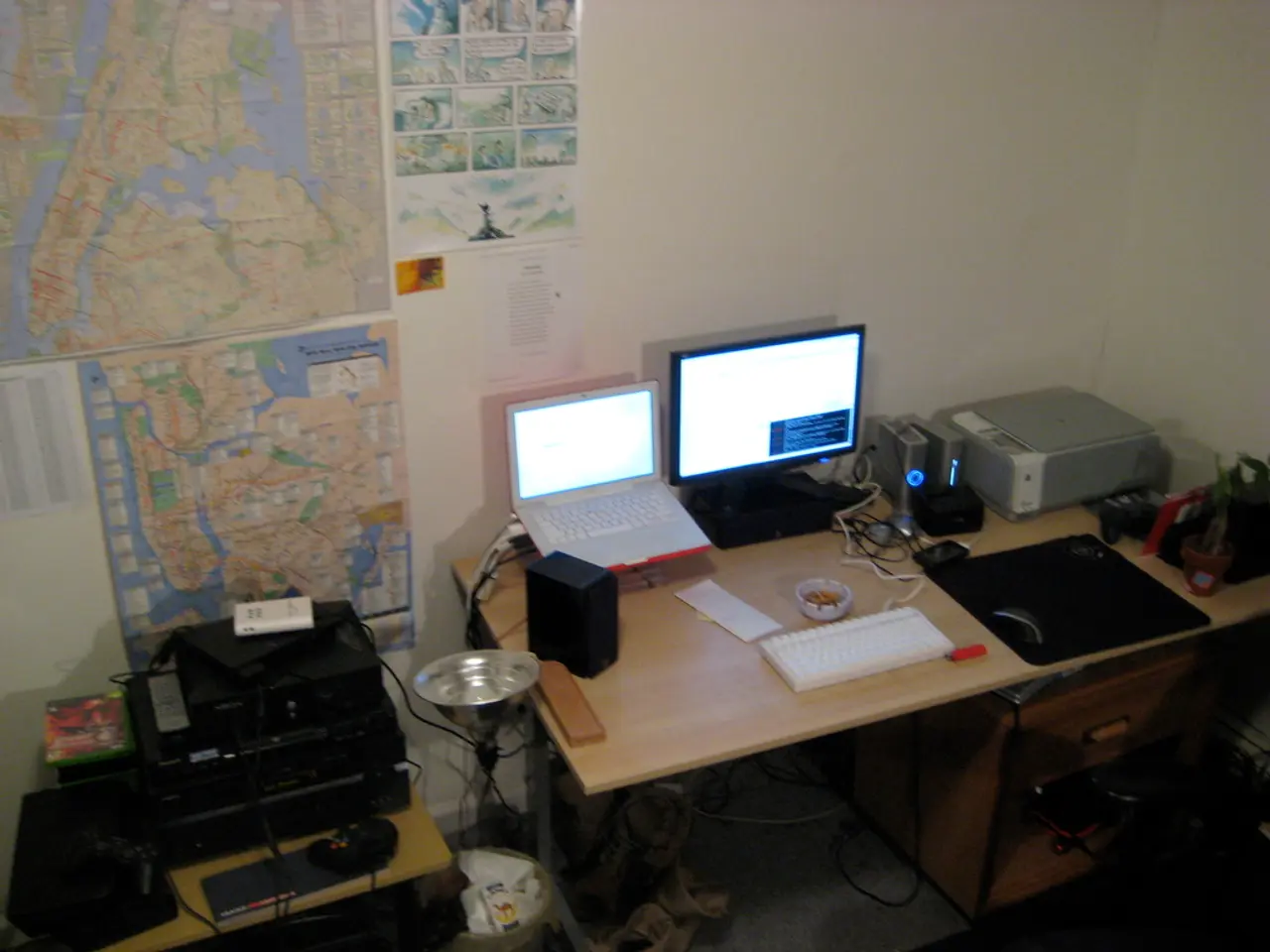Discussion Topics: Job Consultations in Photography Industry and Adapting to Artificial Intelligence
In the ever-evolving world of photography, the demand for skilled professionals is on the rise across various industries. From cruise lines and automotive merchandising to media and entertainment, photographers are sought after by companies big and small.
In the realm of cruise lines, companies like Princess Cruises, Holland America Line, Celebrity Cruises, and MSC Cruises are actively recruiting for roles such as Cruise Ship Photographer and Photo Artist. These positions often require not just photography skills, but also sales and customer service experience.
Automotive merchandising companies, such as Redline Automotive Merchandising, are also on the hunt for part-time photographers to capture vehicle images for dealerships. These roles can be performance-based and expect familiarity with digital platforms.
Media and entertainment industries offer set photography jobs in Los Angeles for film, TV, and music productions, often through industry-specific job boards like EntertainmentCareers.net. General job boards, such as Indeed, also list a variety of photography jobs across sectors, including advertising, journalism, and real estate.
To stand out as a photographer applicant, it's crucial to embrace the digital age. A strong digital presence, including a professional website and an active portfolio on platforms like Instagram or Behance, is essential. Specialization in a niche area, such as automotive, event, editorial, or product photography, or being multilingual, can also help attract potential employers.
In addition to technical photography skills, roles now often require digital editing, video skills, customer service, and sales acumen—especially in hospitality or commercial settings.
During the interview process, expect to show your portfolio and discuss your creative process. Be prepared to explain your choices and how they align with the company’s needs. Some employers may ask you to complete a practical test—shooting and editing images on-site or within a tight deadline. Questions about teamwork, handling difficult clients, and meeting deadlines are common, reflecting the importance of soft skills in the field.
A well-curated portfolio is key. Include only your best images, tailored to the job you’re applying for. For example, if applying to a cruise line, feature event and portrait photography. Some employers appreciate seeing before-and-after edits or a brief case study for select projects. Ensure your portfolio is easy to navigate online, loads quickly, and is mobile-friendly. A concise, professional bio and consistent visual style help you stand out.
When applying for jobs, use a reverse-chronological format to highlight relevant experience, technical skills, and notable projects. Customize each cover letter to show how your skills match the job description, and express genuine enthusiasm for the company’s mission. Incorporate terms from the job posting to pass through applicant tracking systems (ATS).
By aligning your skills and portfolio with the specific demands of your target companies and roles, and by showcasing both technical and interpersonal abilities, you can significantly improve your chances of standing out in the competitive photography job market.
In the age of AI, it's important to understand how these tools can aid in your workflow, particularly in culling and post-production tasks. Graduates should know how to identify AI enhanced images and use AI tools to speed up their workflow. Best practices should be taught to students to make use of these tools and avoid pitfalls.
Remember, the majority of photography work is done as independent contractors for various businesses and individuals. Some entry-level roles in culling and editing may be absorbed by AI tools. Researching companies and pitching a project to them can increase chances of employment. AI tools like Aftershoot can help in culling images by identifying if eyes are closed or out of focus, and reading facial expressions. Recruiters also look at hashtags and scout photographers based on specific hashtags related to stories.
Collaborating with other artists can help a job applicant stand out in the industry. Arguably, the most important component is lighting, as it forms the foundation for everything in photography. Writing a customized cover letter and keeping written materials concise is advised when applying for jobs.
With these strategies in mind, you're well on your way to making a lasting impression in the photography industry.
- Graphic design and technology skills may also be valuable in the photography industry, as employers increasingly seek photographers who can produce high-quality digital content for various purposes, such as creating visuals for social media campaigns or designing marketing materials.
- A career in photography can offer diverse opportunities beyond freelancing and traditional art. For instance, photography graduates could find careers in finance, business, and even technology, leveraging their skills in fields like data analysis or digital media strategy.




